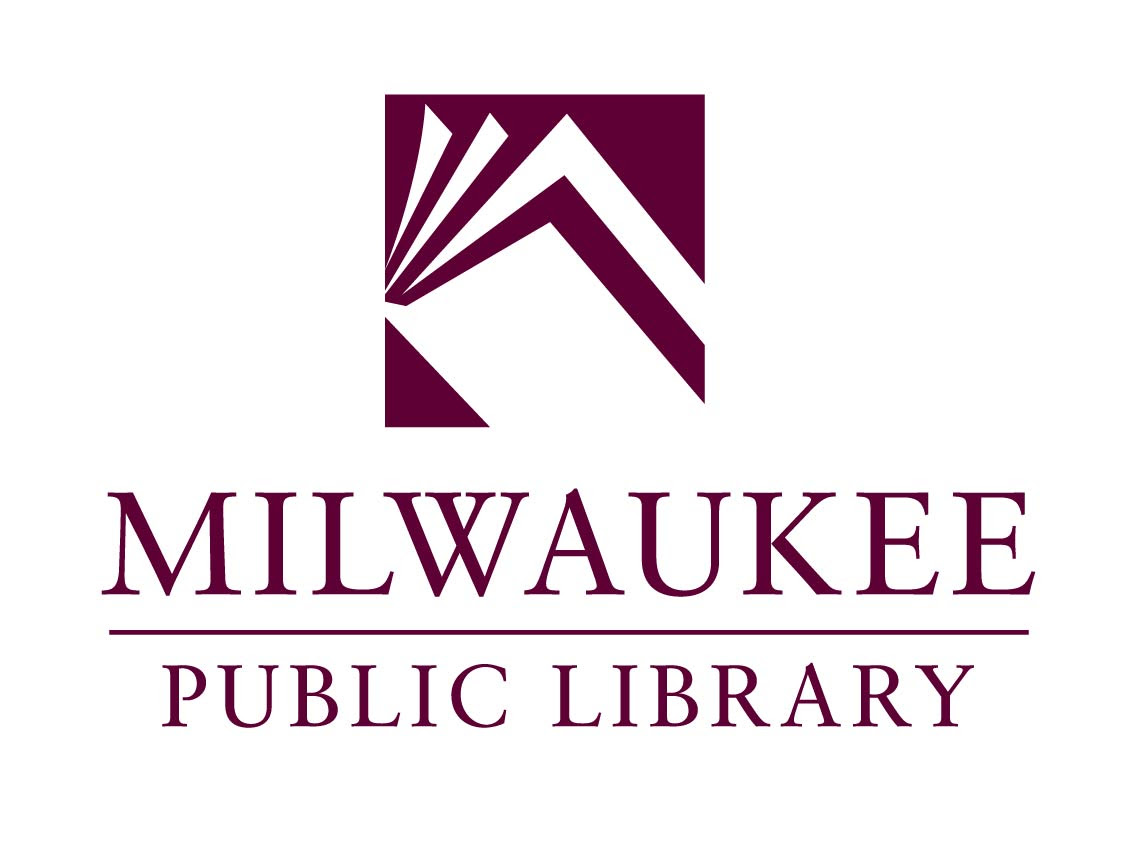WORKBOOK FOR CHANGE: TWO PROMPTS
Prompts Against Anxiety #33 | from Kate Schapira, a writer and teacher working in Providence, RI, where she also serves as a henchperson for various local efforts for justice and possibility. Before COVID, she offered Climate Anxiety Counseling for six years, holding public yet intimate conversations about climate change with passersby and friends. She has published six books of poetry, eleven chapbooks, and some essays, including Time to Be Something Other Than Human (Essay Press), and is working on a guidebook to living in climate change with less trauma and more care.
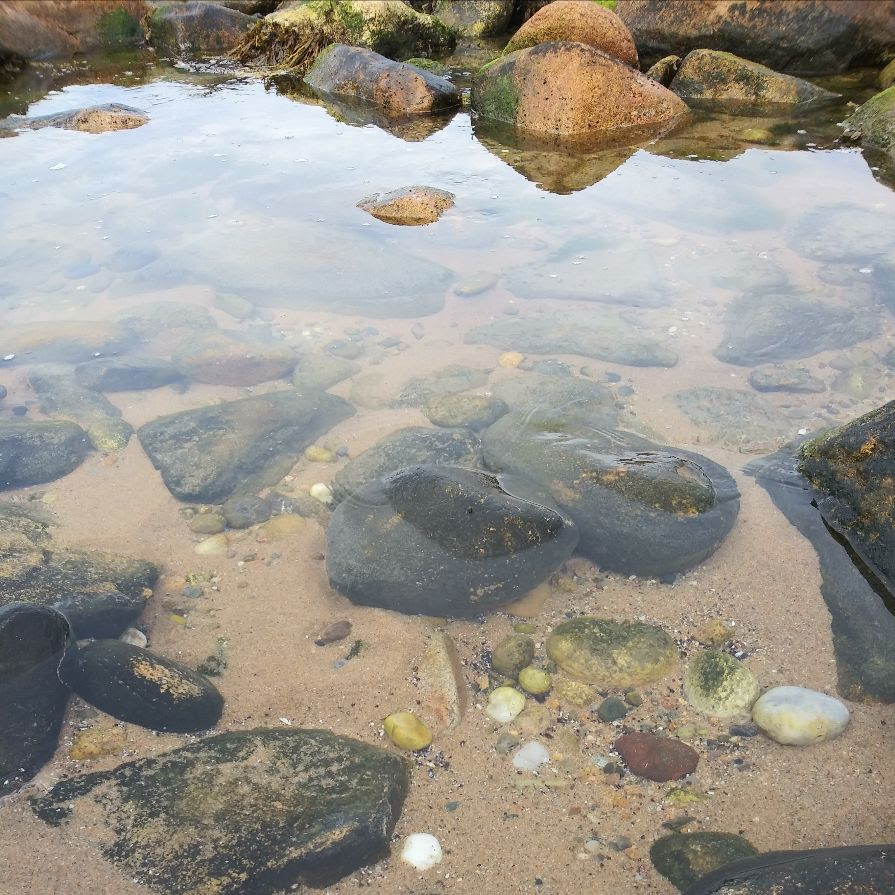
These prompts—two sets of questions, each with a concurrent practice—are from my workbook for change, made to help us feel our way into the changes that climate change is bringing to our lives, and to become who we need to be to meet them together. The questions are meant to expand our sense of what's happening, how we're reacting, and what's possible. The practices are meant to help us to—well, to practice—thinking, feeling, and acting in ways that may benefit us differently than the ways we're used to.
If you can find a COVID-safe way to ask and answer these questions and do one or both of these practices with a person or people you already have some trust with and see or talk with regularly, rather than alone, I encourage that! The “GOOD TO DO” guidelines that follow are to help you set yourselves up to do these things together, and if you're doing the prompts without company you can adapt them for that. You may find that these guidelines are not the best for you—culture, context, experience, group size, group purpose, and more might mean that you need to change them to be useful—but this will give you something to get started with.
GOOD TO DO:
- For each prompt, share the questions and practice with everyone who's participating at least a few days before getting together. This means that people have time to feel their way into them and no one is surprised. The reasons for doing them—outlined above—should also be really clear beforehand.
- Whatever ways you have of looking out for each other while you're together also apply here. If you don't have any intentional methods, developing them before you start would be a good idea.
- Have snacks around during the practice, and share a meal at the end. Do this even if you're doing the practice remotely and can't literally hand each other food.
- Remind each other that it's okay to do the questions or practices in a way that makes sense for you, which might mean changing them a little.
- Every so often, offer or take the option to say how you're feeling in your body, without needing to explain why.
- Take both formal/guided breaks where you move, breathe, or otherwise remind yourselves and each other that you live in your bodies on earth, and regular breaks where people can walk around, go pee, whatever.
- Remember that people's different histories may make these questions and practices difficult for them in different ways and amounts. Choosing a story to share, thinking in a different way, remembering and feeling can all be stressful. Be patient with yourself and others.
- Try to keep your attention in the room you're in and with the people you're with. People may go “in and out” a little bit in their attention if what you're doing is stressful for them, and that is okay.
- Wind down at the end by asking people to say something about what they want to leave behind and something they want to carry with them, or perform some similar act to help people return to their day or night.
PROMPT #1: QUESTIONS AND PRACTICE FOR KNOWING WHERE YOU LIVE
PROMPT #1: QUESTIONS AND PRACTICE FOR KNOWING WHERE YOU LIVE
PROMPT #1: QUESTIONS AND PRACTICE FOR KNOWING WHERE YOU LIVE
PROMPT #1: QUESTIONS AND PRACTICE FOR KNOWING WHERE YOU LIVE
When you think about climate change, what do you think of first?
When you think about home, what do you think of first?
Do those two thoughts touch each other at all—are they about the same things?
What would connect those things, if they are separate? How many steps in between?
*
PRACTICE: Make a list of all the knowledge you have that lets you survive where you live. If there's knowledge that lets you live well there, include that too. Include knowledge you have now that climate change might eventually change, as well as knowledge you expect will continue to be useful.
Think about who might be able to use that knowledge later, if you leave. If you imagine that they'll speak a language you don't speak, find someone you can pay or trade for a translation of the knowledge you've collected. Ask the translator if they have anything to add. If you think diagrams or maps would be helpful, add those to your collection of knowledge.
Together, choose a place to record, mark, or bury this knowledge, in case someone who comes along later can still use it. Leave it there.
PROMPT #2: QUESTIONS AND PRACTICE FOR LETTING GO OF THE FUTURE
Which of the plans and expectations you have for your life might be impossible because of climate change?
Which of them might not be as important, or mean as much?
What would your life mean if you didn't do the things you've planned?
What might you be free to do instead?
*
PRACTICE:
You will need these things:
- A tree seedling
- A dead animal or rotten vegetable
- Gloves or hand protection
- An area of ground/soil where a tree could grow
- A shovel
- Water and something to carry it in
- A dream of the future you are ready to let go of
Put on the gloves or hand protection. Dig a hole in the ground you've chosen, working around any tree roots. Thank the ground for bringing us forth and receiving us.
Hold the animal or vegetable corpse. Thank your dream of the future for doing what it did for you—stimulating you, sustaining you.
Place your dream of the future in the hole. Pour the water over it, and as you do, forgive your dream of the future for doing whatever you wish it hadn't done—distracting you, exhausting you, or just not being possible. Forgive yourself.
Place the tree seedling in the hole and spread out its roots. Fill in the dirt and pat it down; pour in a little more water. Ask your dream of the future to nourish the seedling; ask the seedling to transform the dream of the future into something more livable, flexible, and strong.
You'll need to tend the tree as you would tend any seedling, but if you have to leave it, know that you gave it the best start you could.
Prompts Against Anxiety is sponsored by Milwaukee Public Library, an anchor institution that helps patrons read, learn, and connect—to our resources and our community. Now more than ever, stay connected, stay home, and stay safe.
More from this series

The Word was in the beginning but it is made of letters.Prompt #40—giovanni singleton
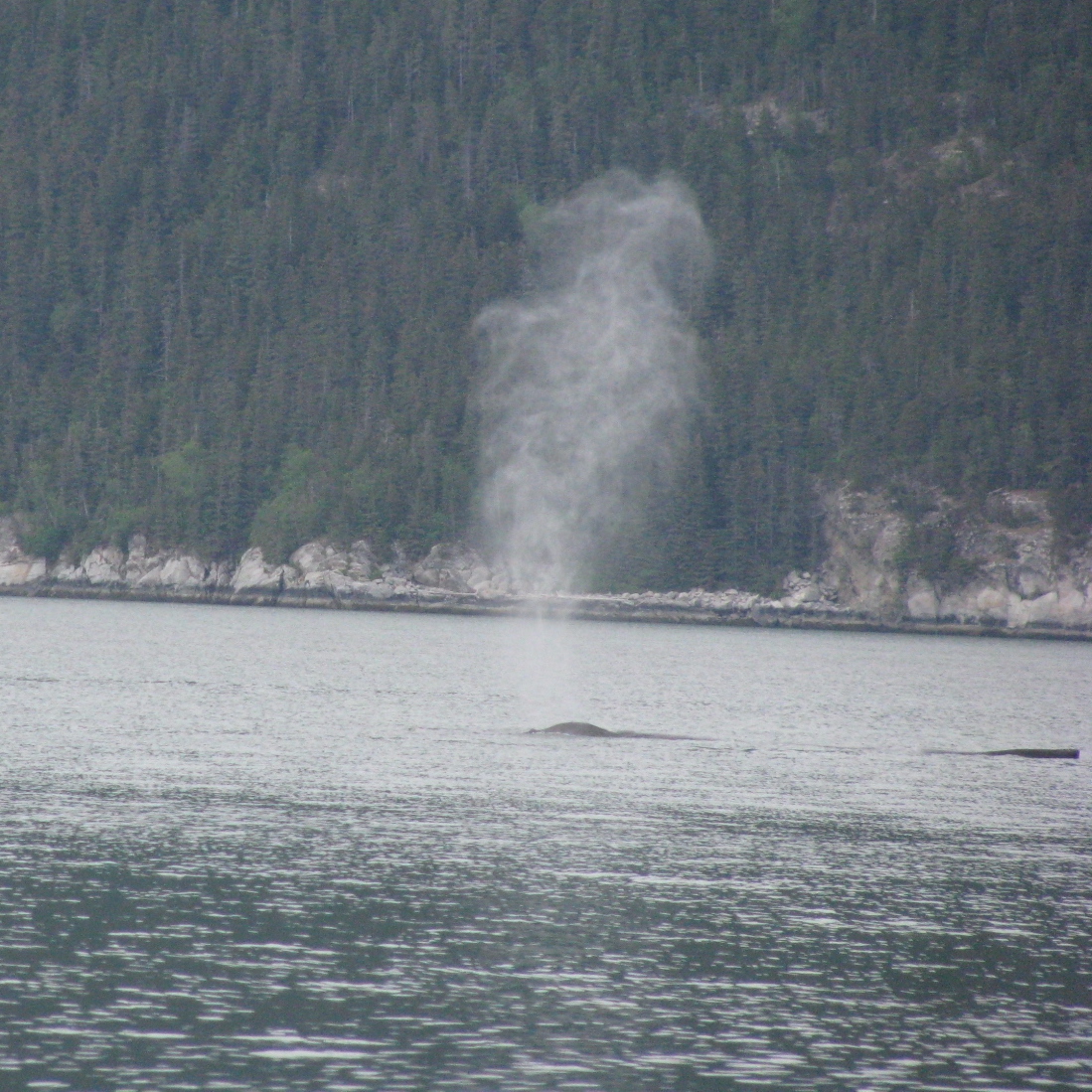
Write in NaturePrompt #39—Oogie Push
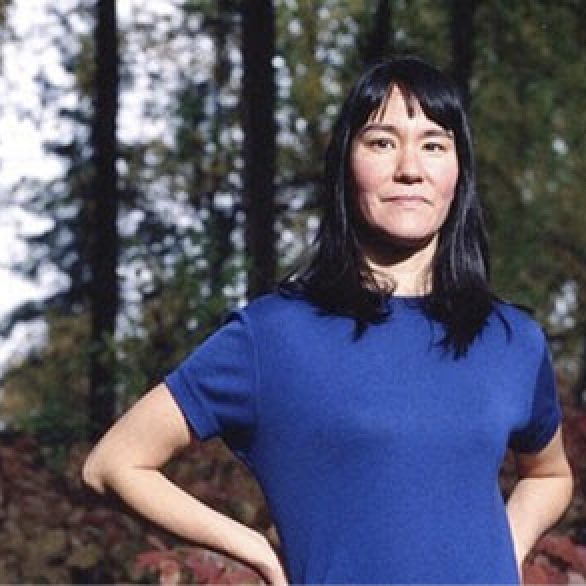
Real FoodPrompt #38—Joan Kane
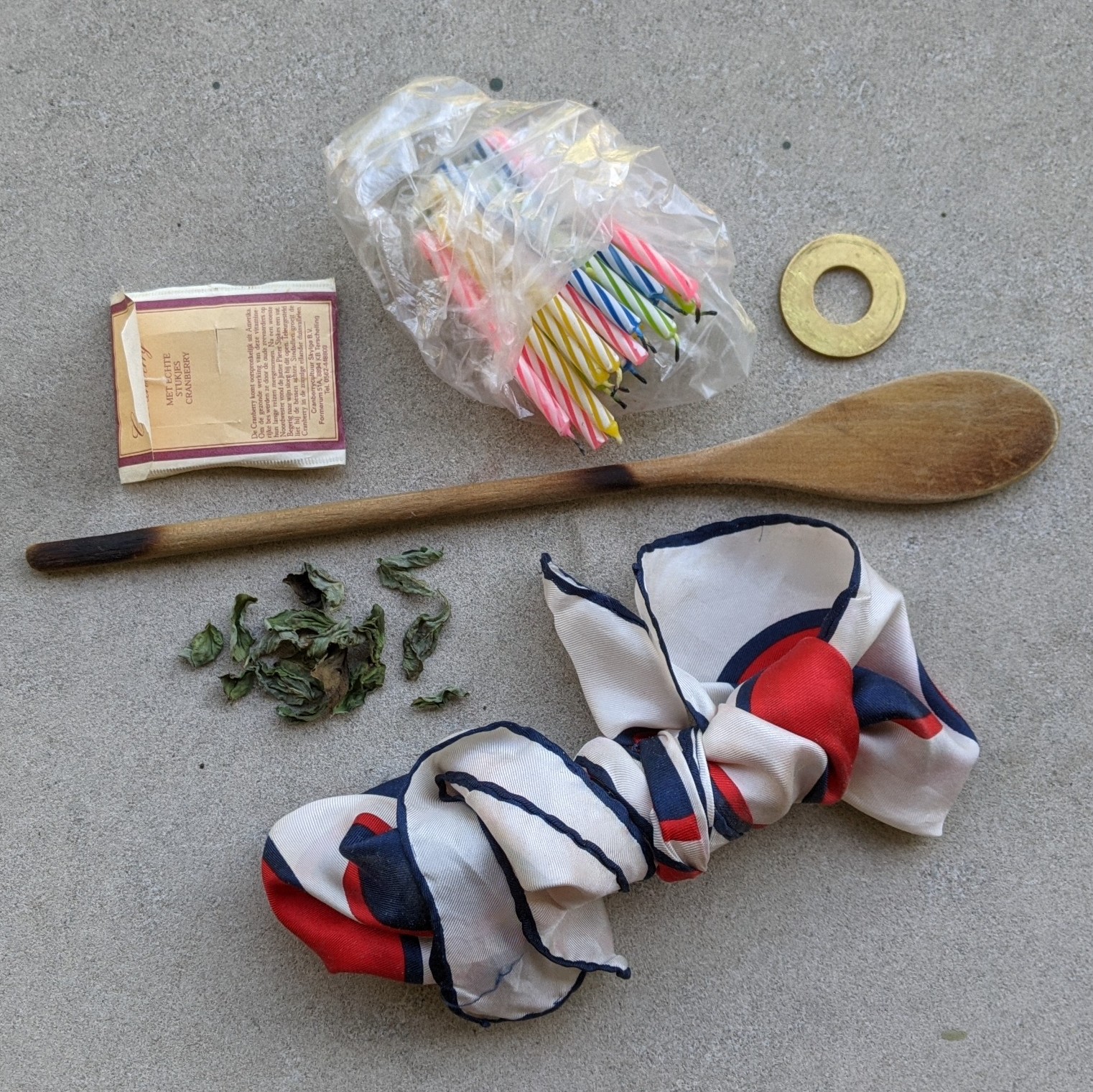
You Don't Need Proust to Smell GoodPrompt #37—Elizabeth Hoover
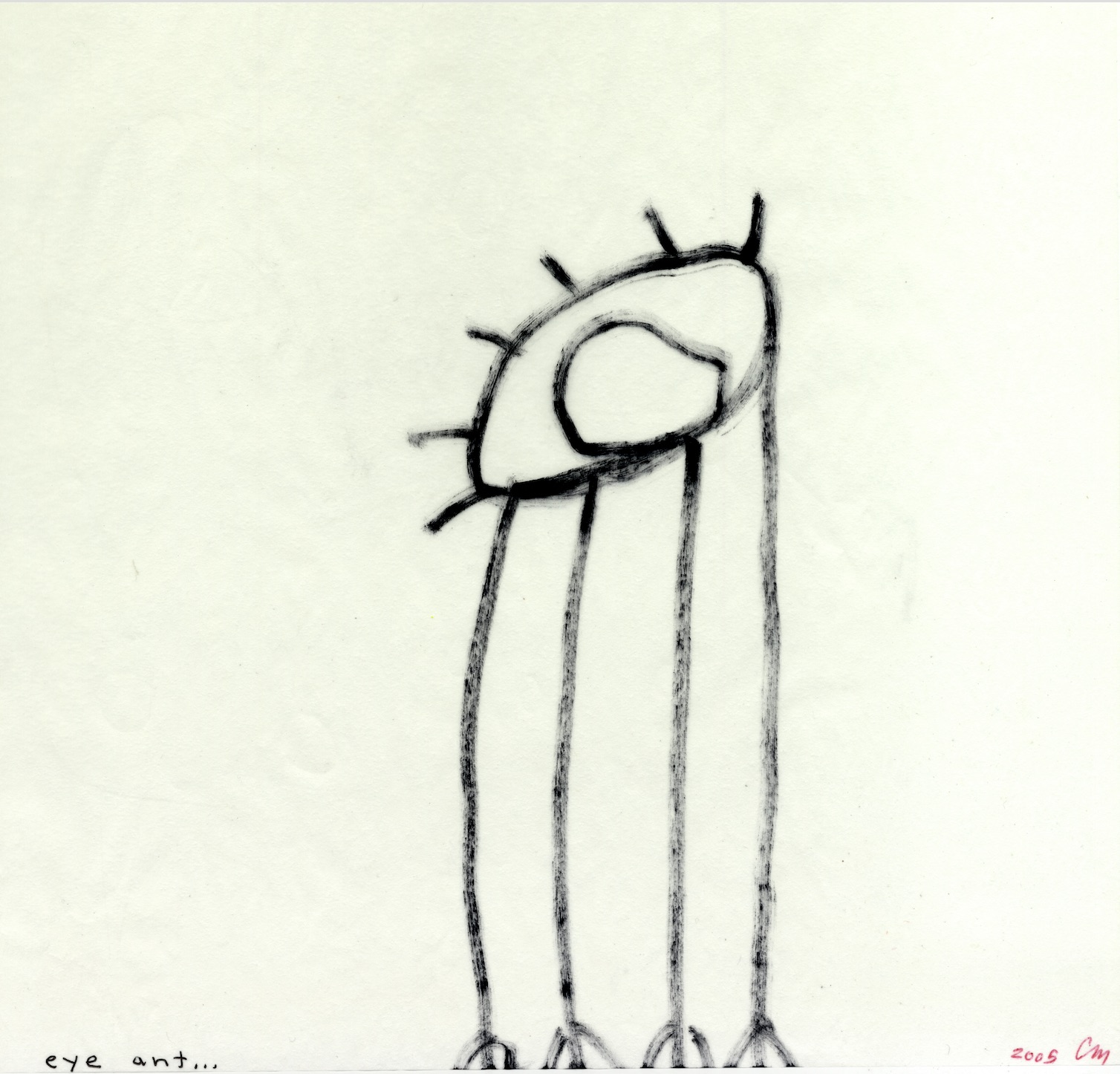
Find Your Own FormPrompt #36—Sawako Nakayasu

Tarot Recall: A Visionary Exercise for the PresentPrompt #35—Laurence Ross

Queers in Love at the End of the WorldPrompt #34—CJ Scruton
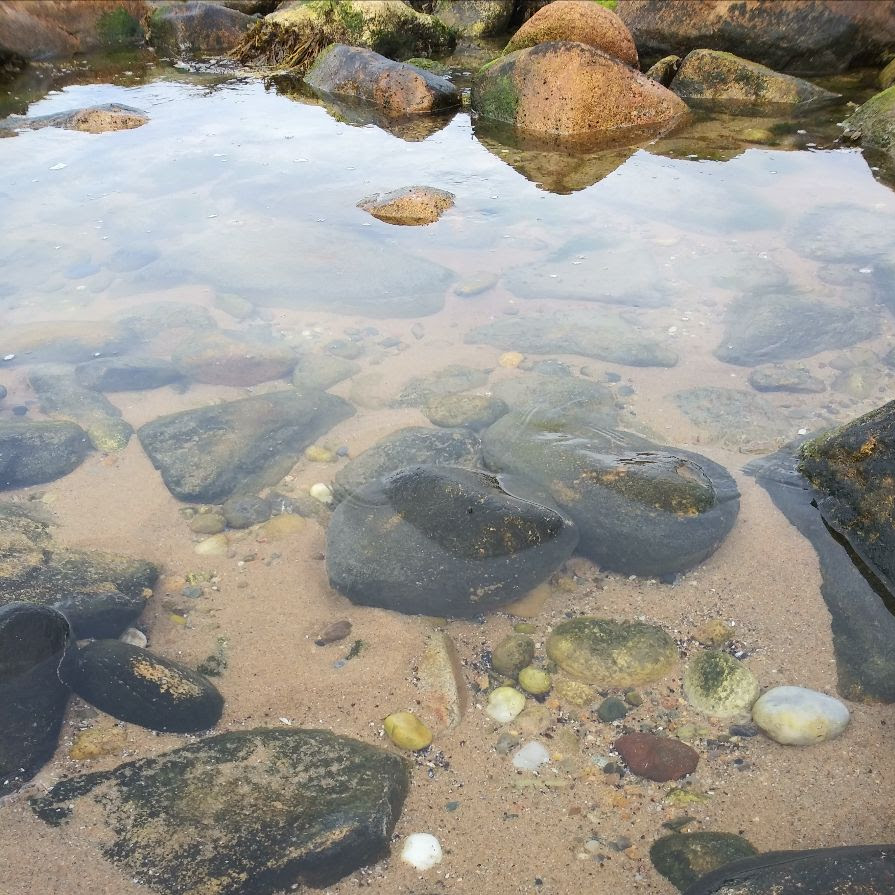
WORKBOOK FOR CHANGE: TWO PROMPTSPrompt #33—Kate Schapira
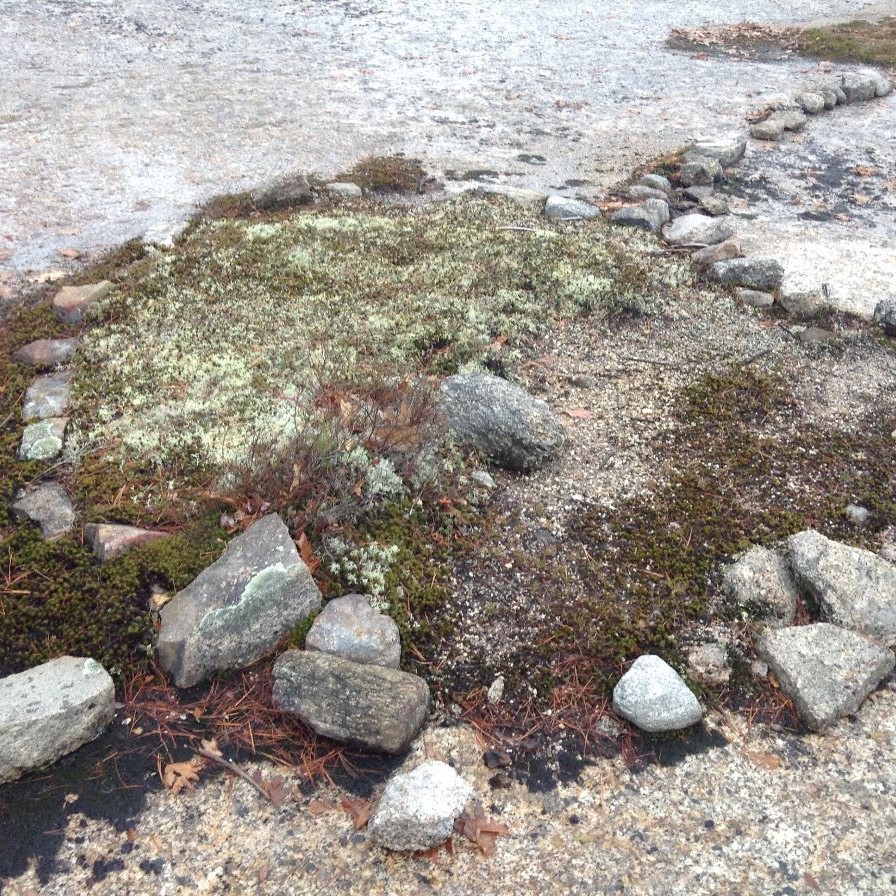
Preparation for the PromptPrompt #32—Lisa Fishman

Collage Your Own Writing PromptPrompt #31—Helen Hofling
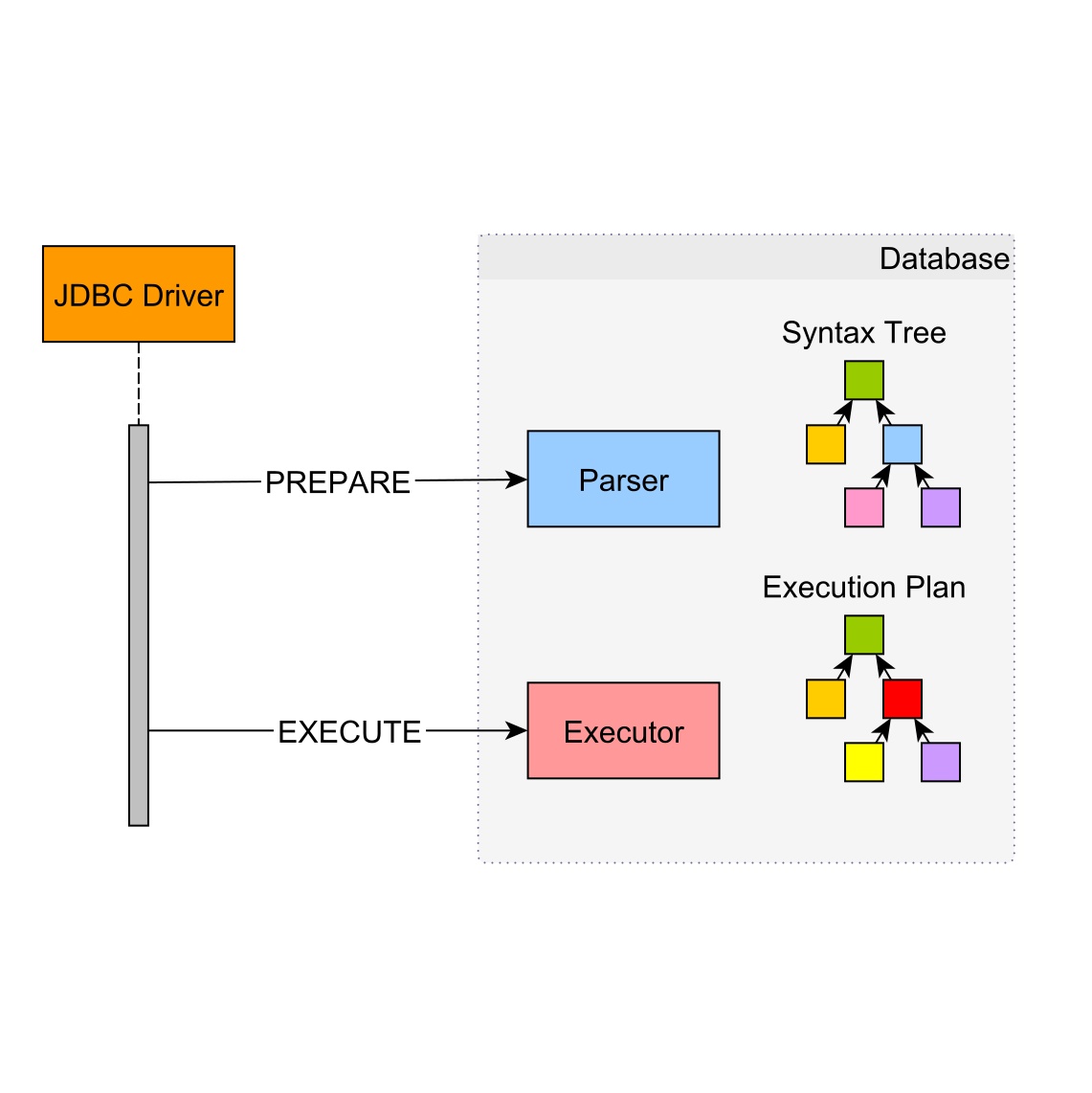
Prepared StatementPrompt #30—Mike Hauser

Repeat Repeat WritePrompt #29— Lewis Freedman
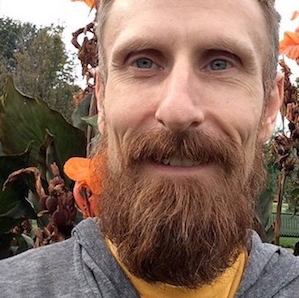
Poetic CorrespondencePrompt #28—Eric Baus

EKPHRASIS YOURSELFPrompt #27—Jennifer Nelson
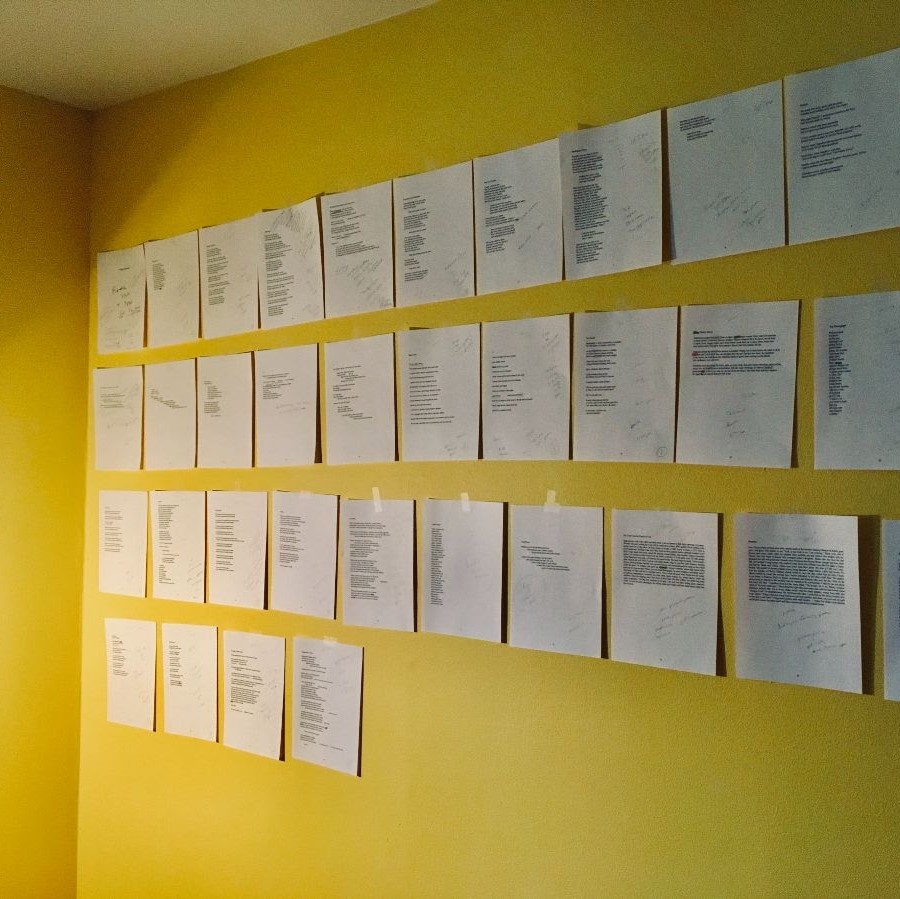
POETRY IS FOR THE PEOPLEPrompt #26—Angela Trudell Vasquez
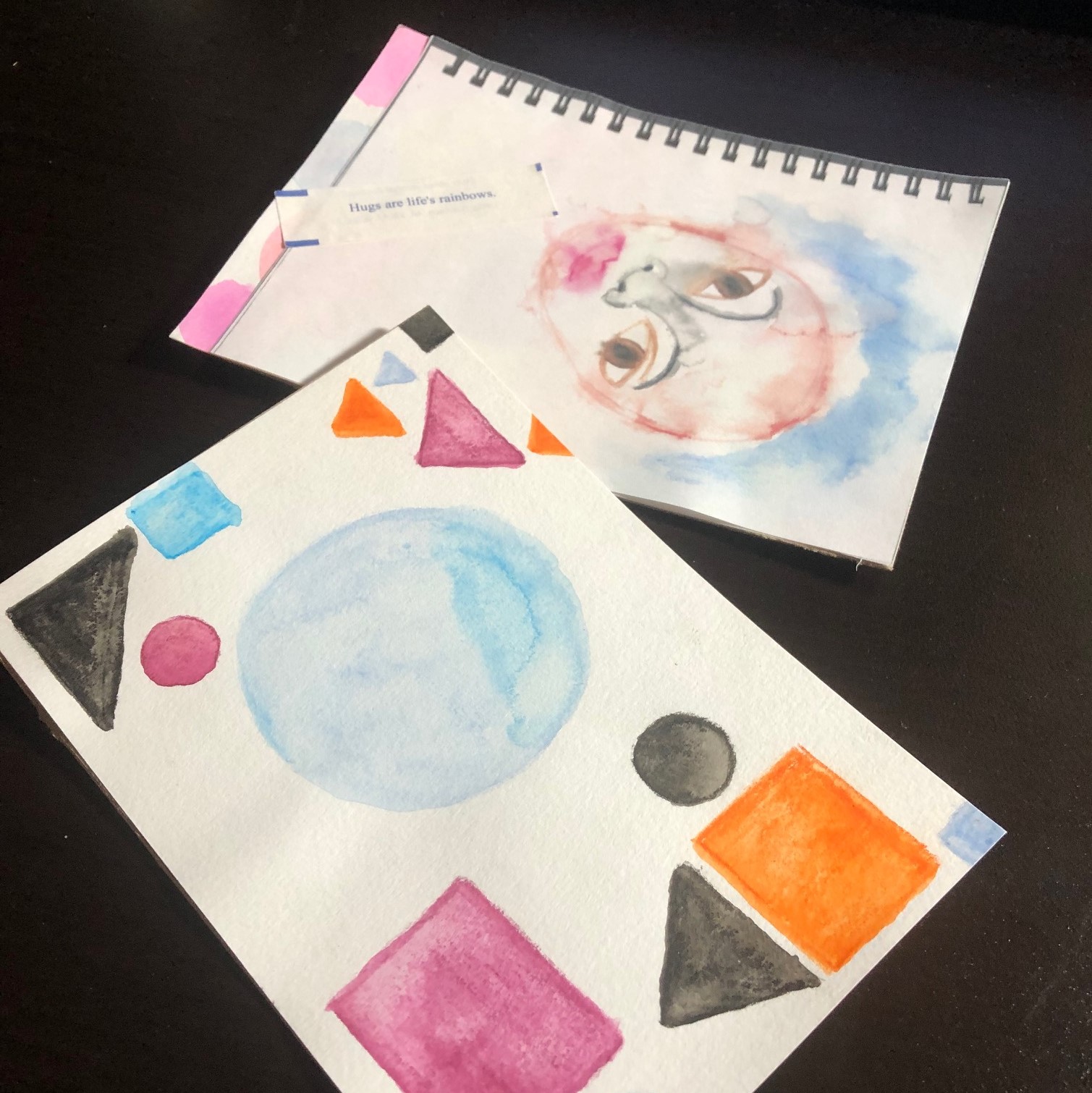
MAIL ARTPrompt #25—Siwar Masannat
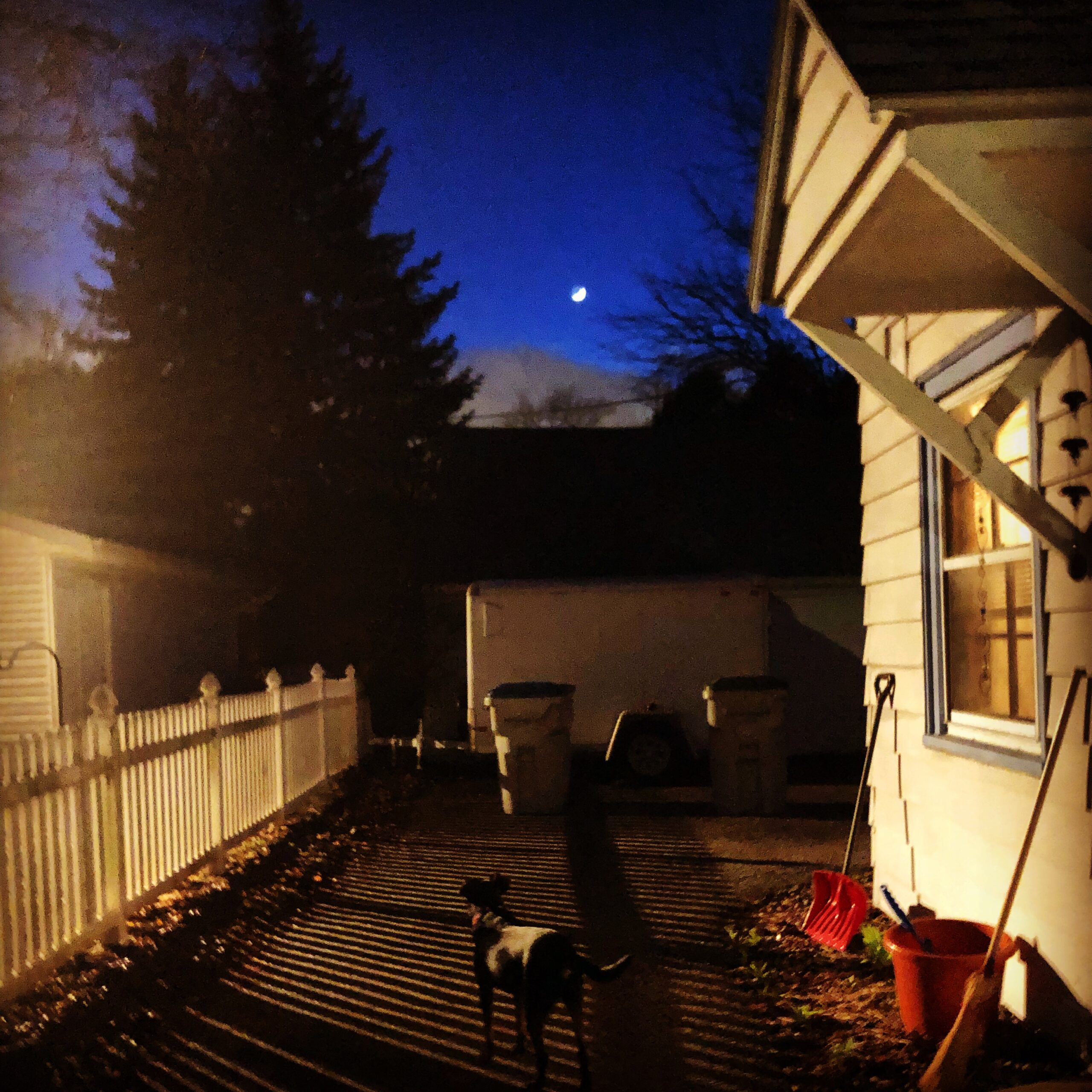
VISUAL POSTCARDSPrompt #24—Portia Cobb
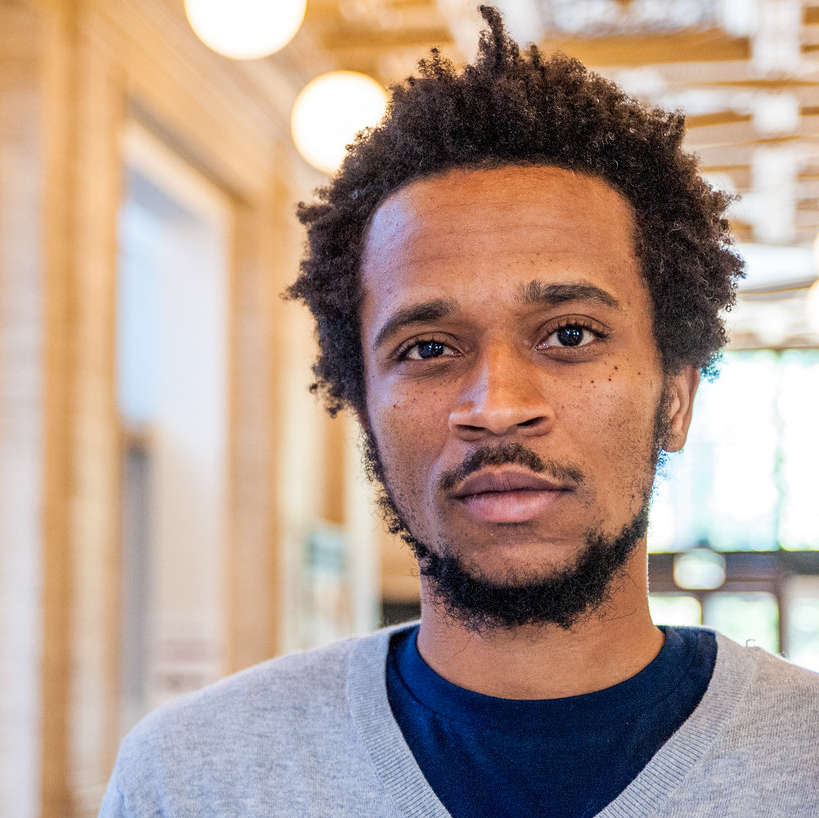
A [LONGER-TERM] DEEP LISTENING PROMPTPrompt #23—Jibade-Khalil Huffman

Humor as Medicine for the SoulPrompt #22—Mauricio Kilwein Guevara

Personification: A Social Justice PromptPrompt #21—Derrick Harriell

Ponge ExercisePrompt #20—Tyrone Williams

Occult DocupoesisPrompt #19—Kimberly Alidio
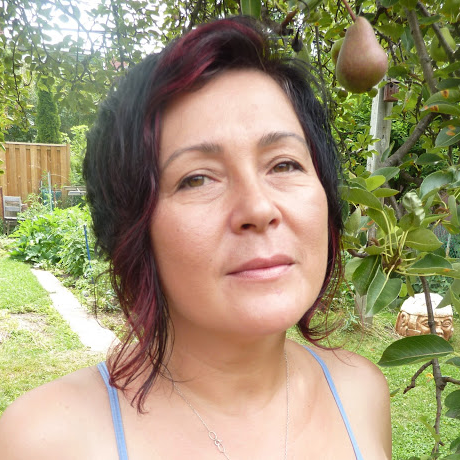
Junk Drawer SongPrompt #18—Hoa Nguyen

TALK TO THE POETSPrompt #17—Stacy Szymaszek
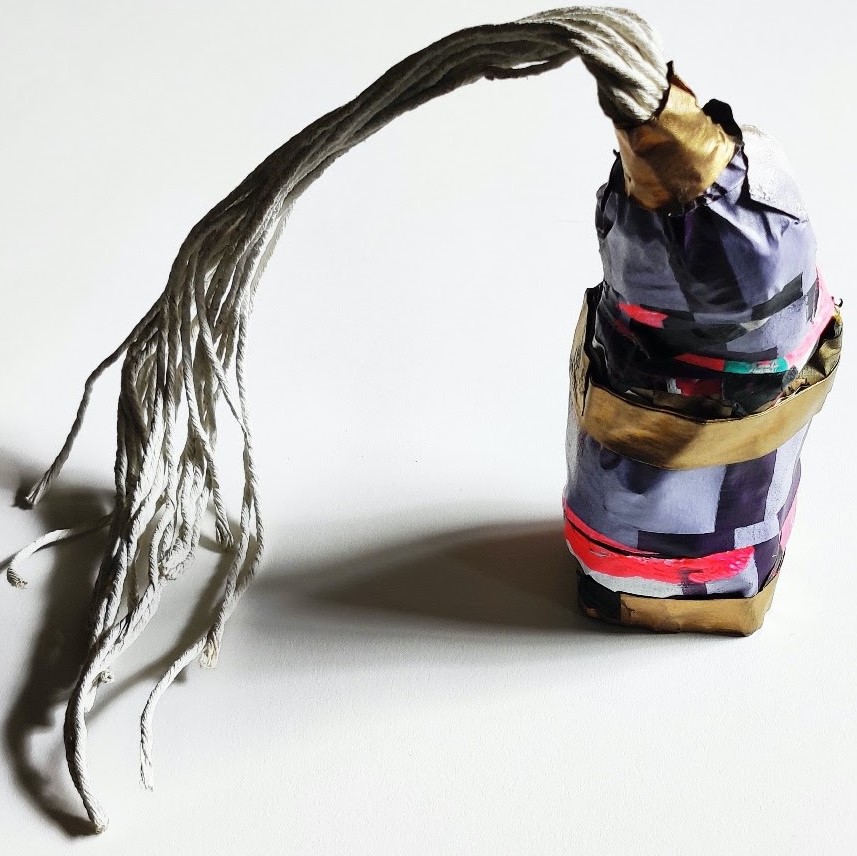
Make-Do Origin Stories & Concrete FuturesPrompt #16—Ching-In Chen

The Family PhotographPrompt #15—Rosa Alcalá

Writing Advice for Your Younger SelfPrompt #14—E.J. Koh
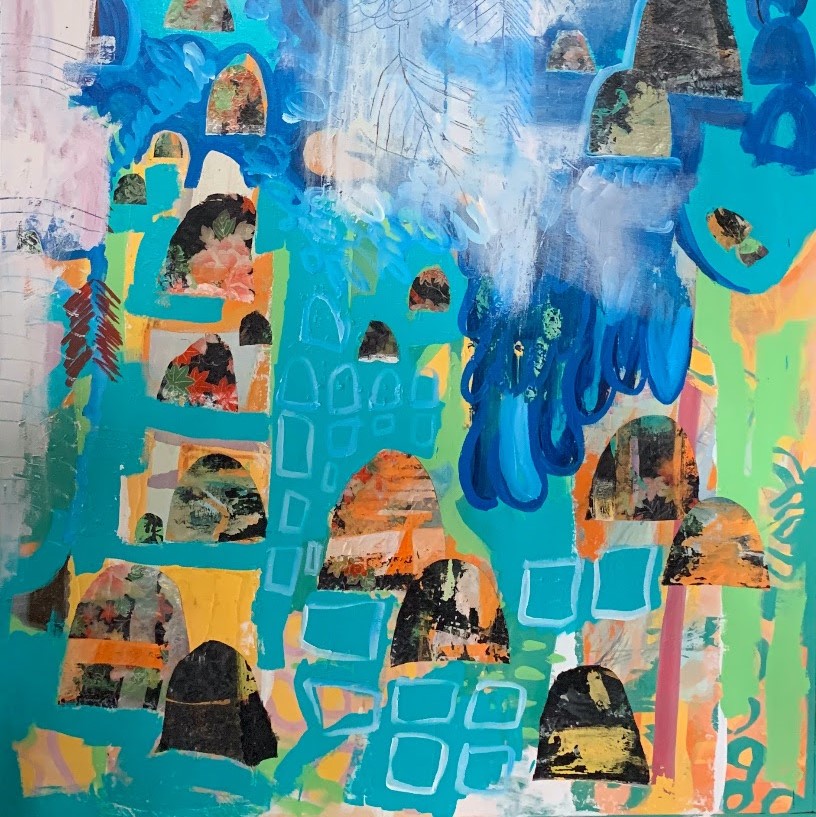
Note(s) to SelfPrompt #13—Stacy Blint
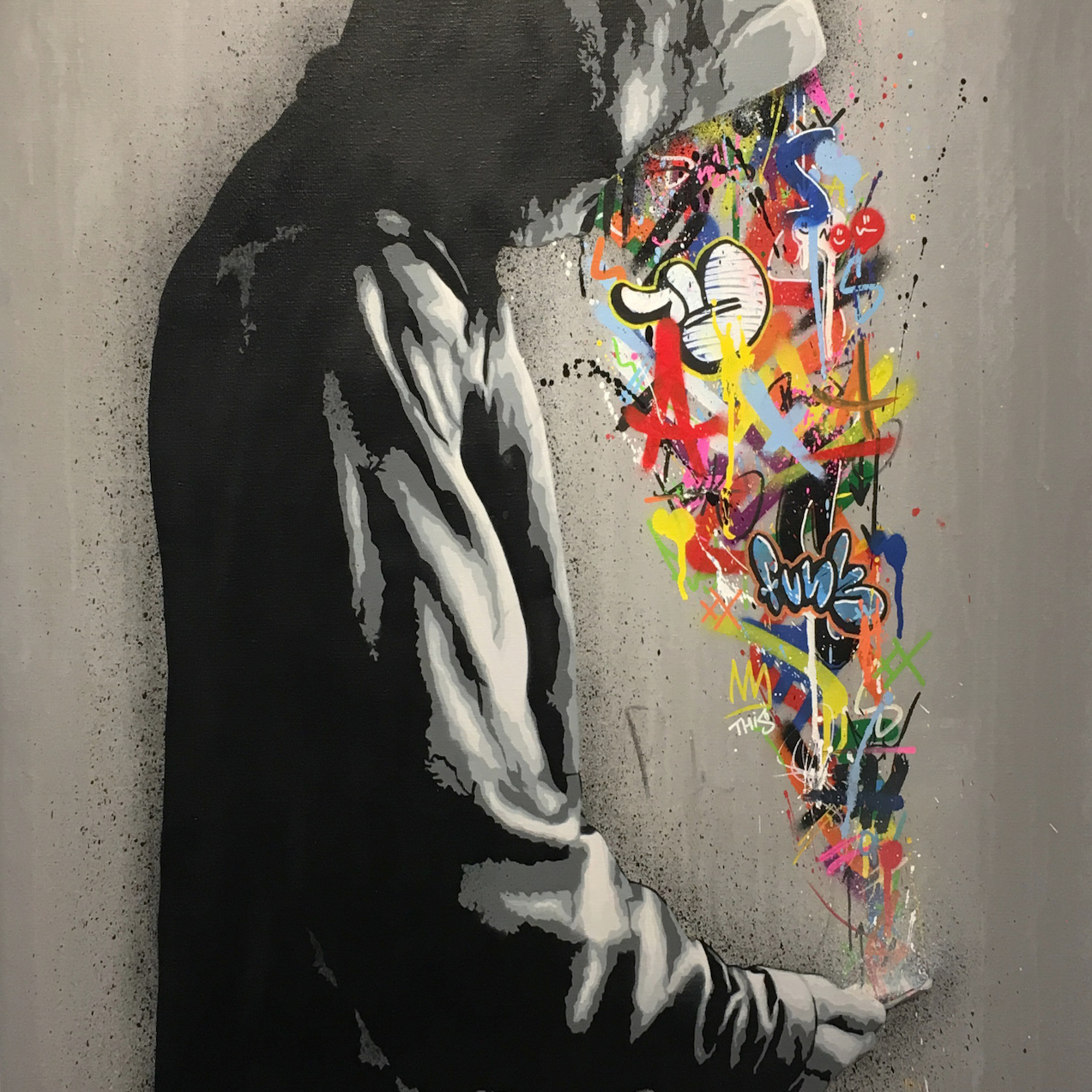
Embracing ConfusionPrompt #12—Bryon Cherry
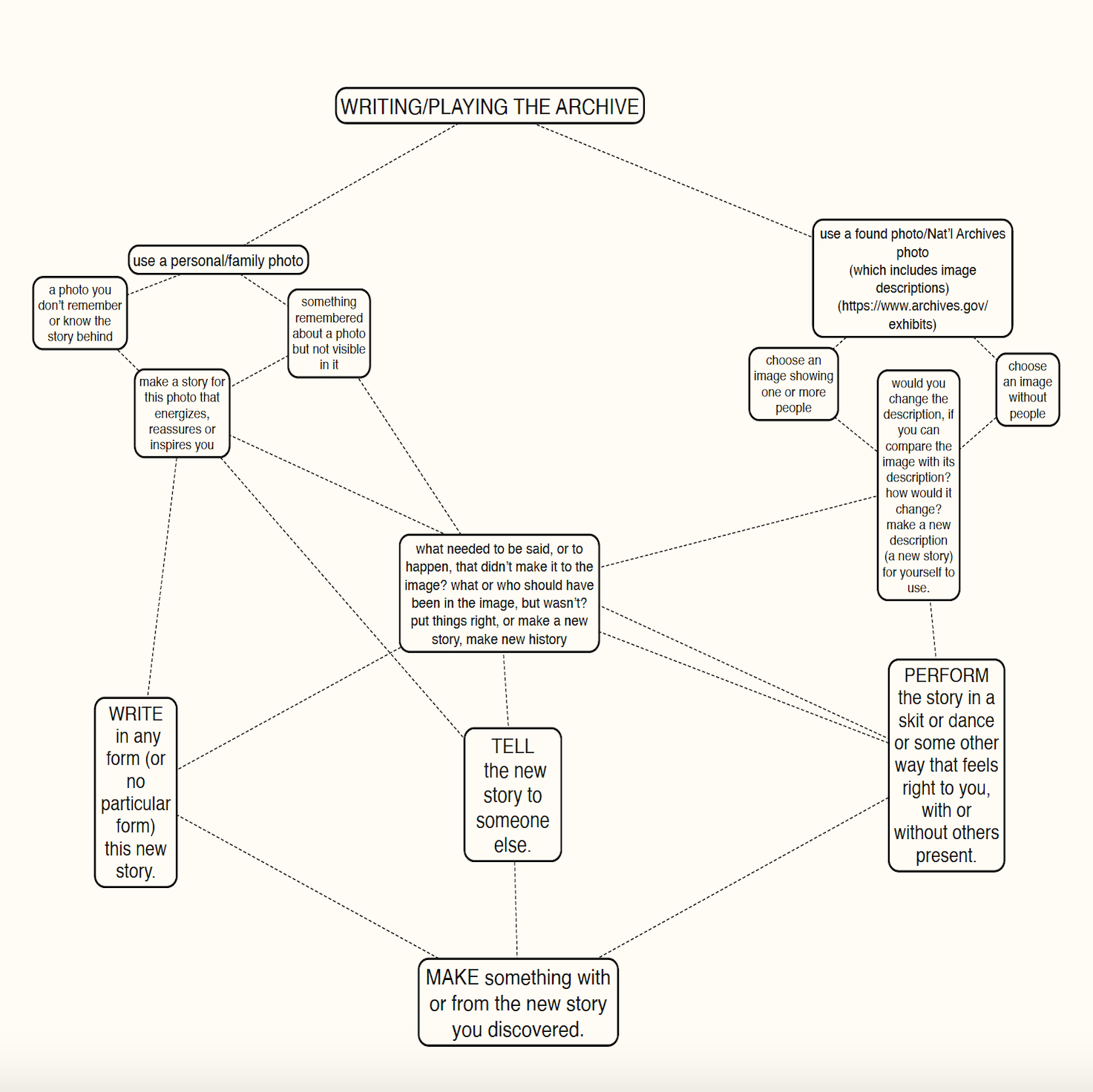
Writing/Playing the ArchivePrompt #11—Jay Besemer

CAPTURED & FREEDPrompt #10—Dasha Kelly Hamilton

Poetic Exit StrategiesPrompt #9—Ana Božičević
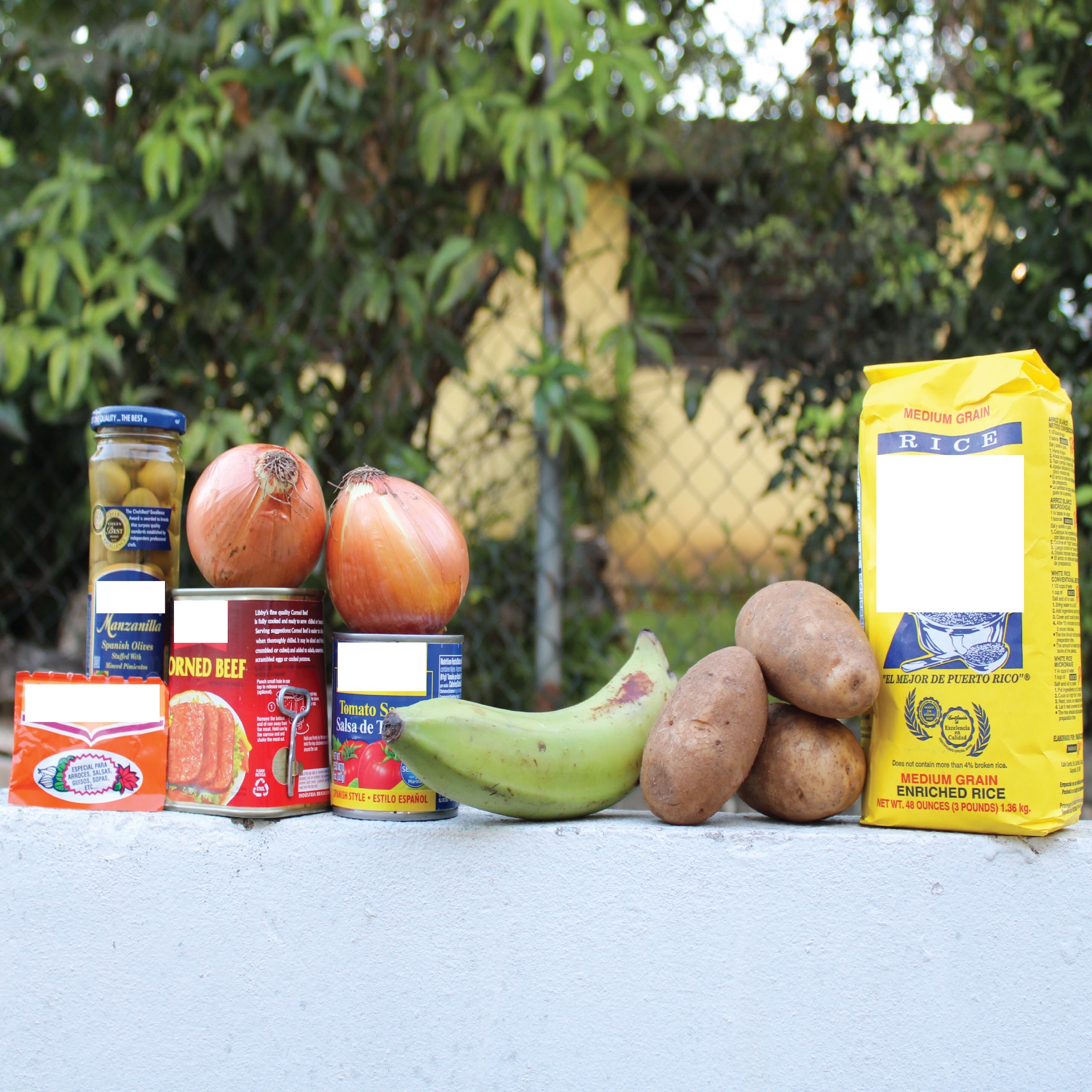
Proyecto ConbífPrompt #8—Erick "CK" Ledesma
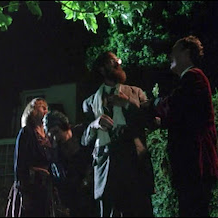
TRILOGYPrompt #6—CA Conrad

Utopian CompromisePrompt #7—Paul Druecke
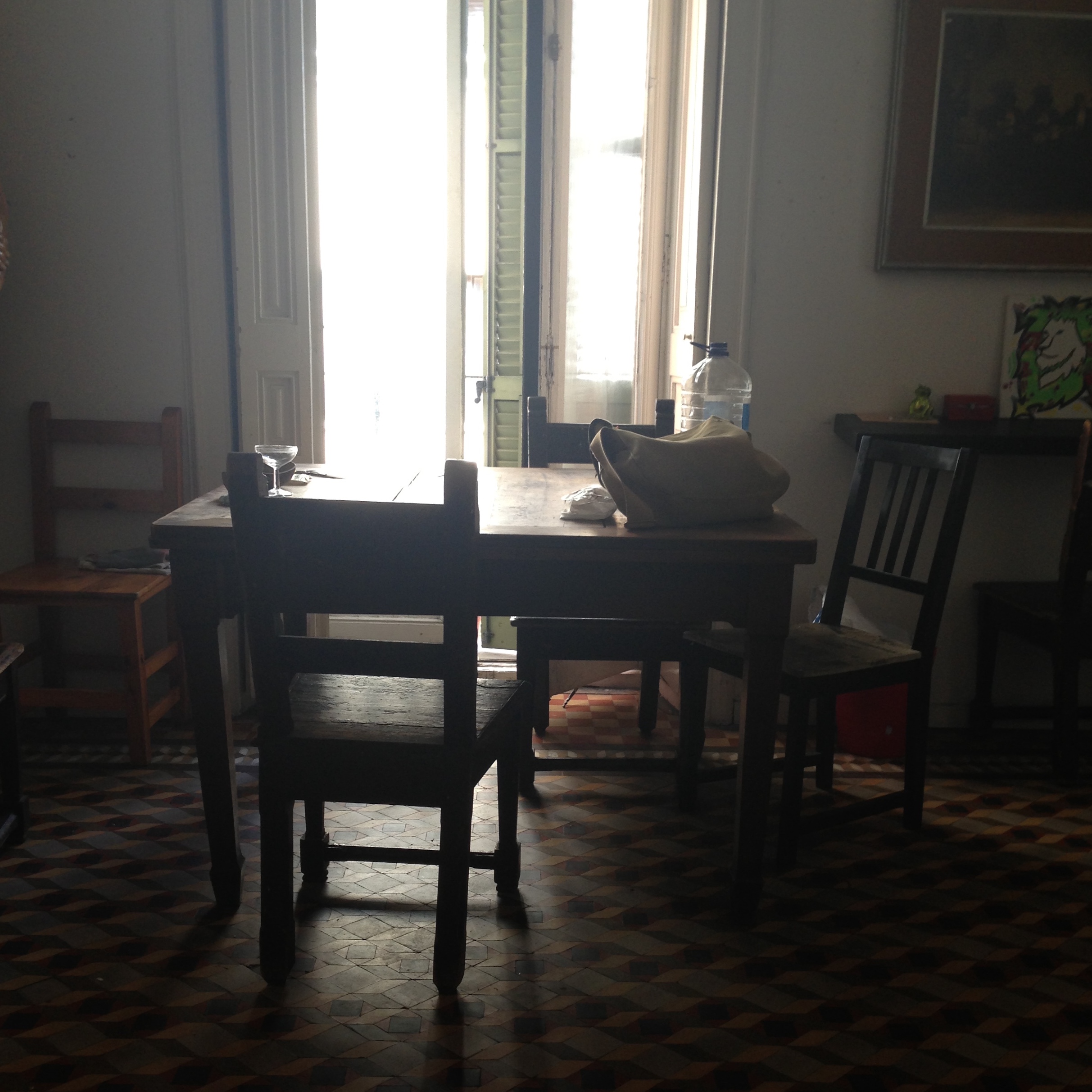
A Series of RoomsPrompt #5—Laura Solomon
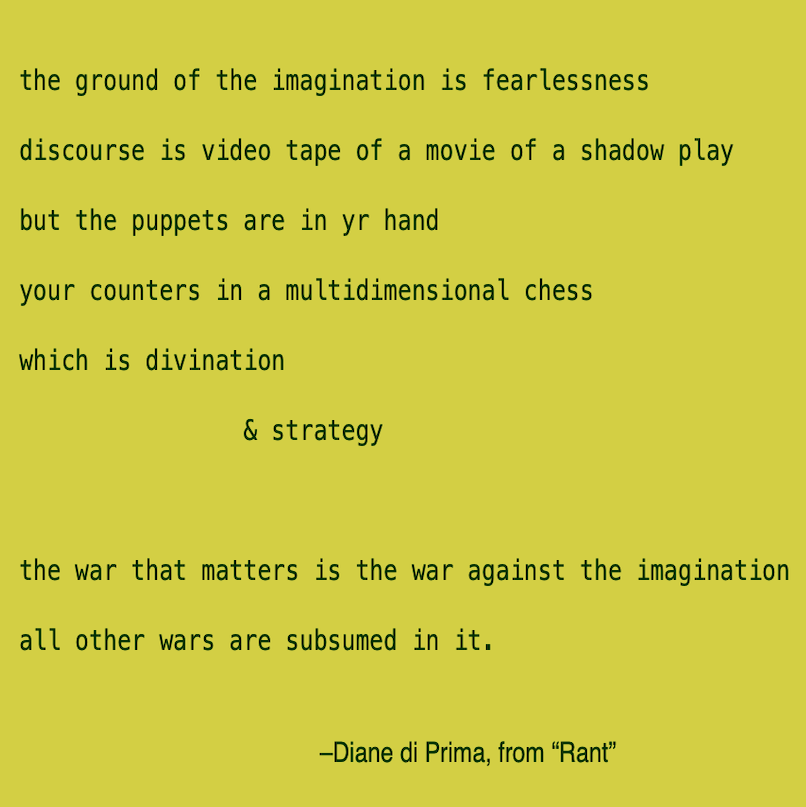
Two Variations on N+7Prompt #4—Jenny Gropp
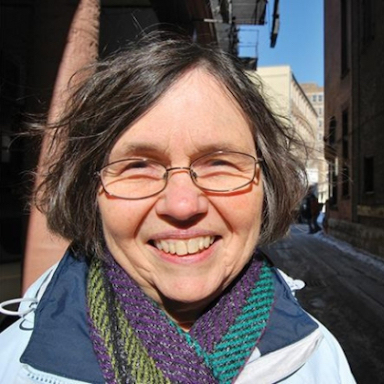
T H E A P A R T / TOGETHERPOEMPrompt #3—Margaret Rozga
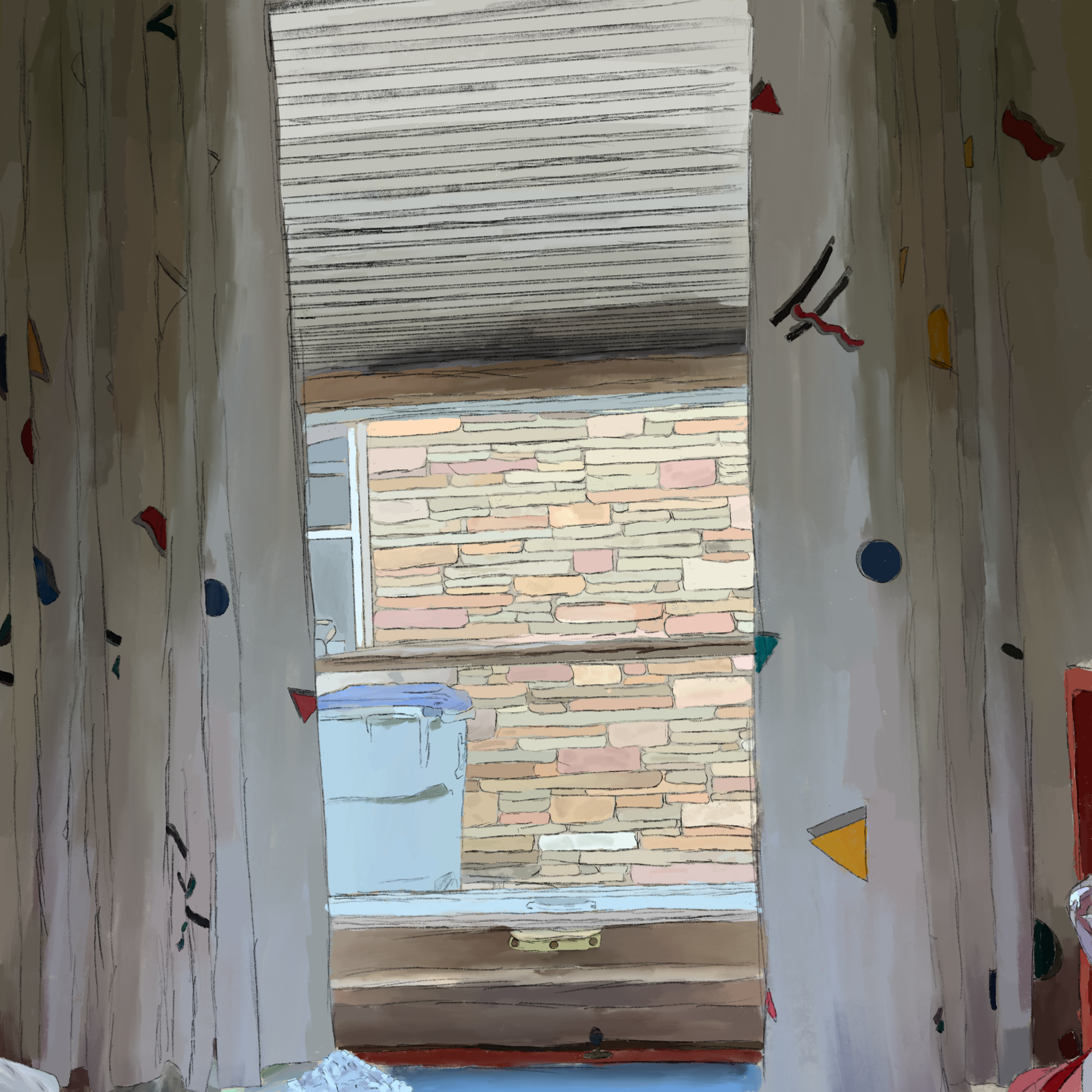
An Exercise in WindowsPrompt #2—Marla Sanvick
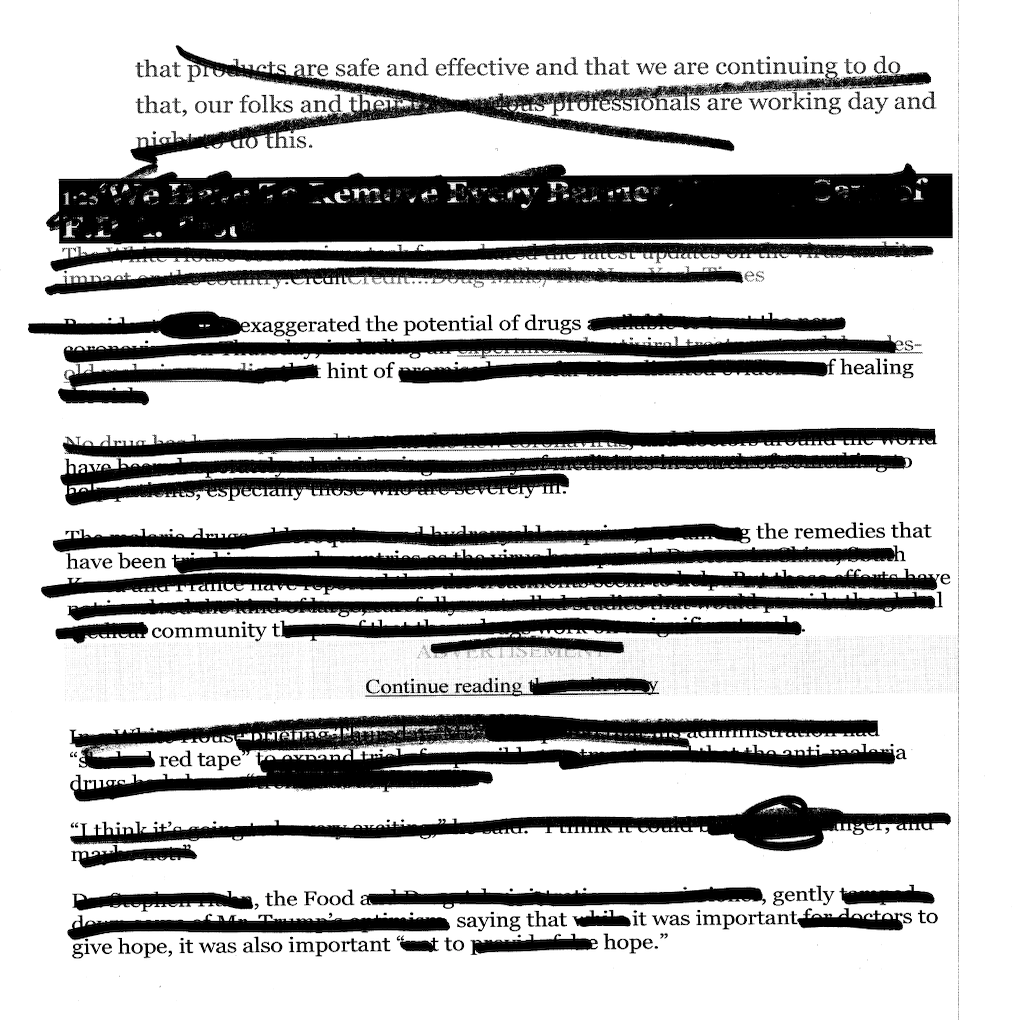
Erasuring AnxietyPrompt #1—Peter Burzynski
We acknowledge that in Milwaukee we live and work on traditional Potawatomi, Ho-Chunk, and Menominee homelands along the southwest shores of Michigami, part of North America’s largest system of freshwater lakes, where the Milwaukee, Menominee, and Kinnickinnic rivers meet and the people of Wisconsin’s sovereign Anishinaabe, Ho-Chunk, Menominee, Oneida, and Mohican nations remain present.
We further acknowledge the grave evil colonialism introduced to these lands through genocide as well as slavery, and also via racist and xenophobic beliefs, laws, and practices that continue to inflict harm upon Black, brown, and Indigenous lives. We honor those who have lived—and do live, now—at these intersections of identity and experience, and are committed to the active dismantling of white supremacy.
720 E. Locust Street
Milwaukee, WI 53212
Phone: 414 263 5001
Hours: Tues–Sun | 12-7 pm
Closed Mon
Building Accessibility: Despite the age of our physical location, and attendant limitations to access, Woodland Pattern is committed to making its programs and facilities available for as many as possible. Please call for more information.
Events Accessibility: Woodland Pattern is able to offer captioning services for its online events and with advanced notice can provide ASL interpretation for live events. Please contact us with accommodation requests and questions.
© Woodland Pattern 2025

